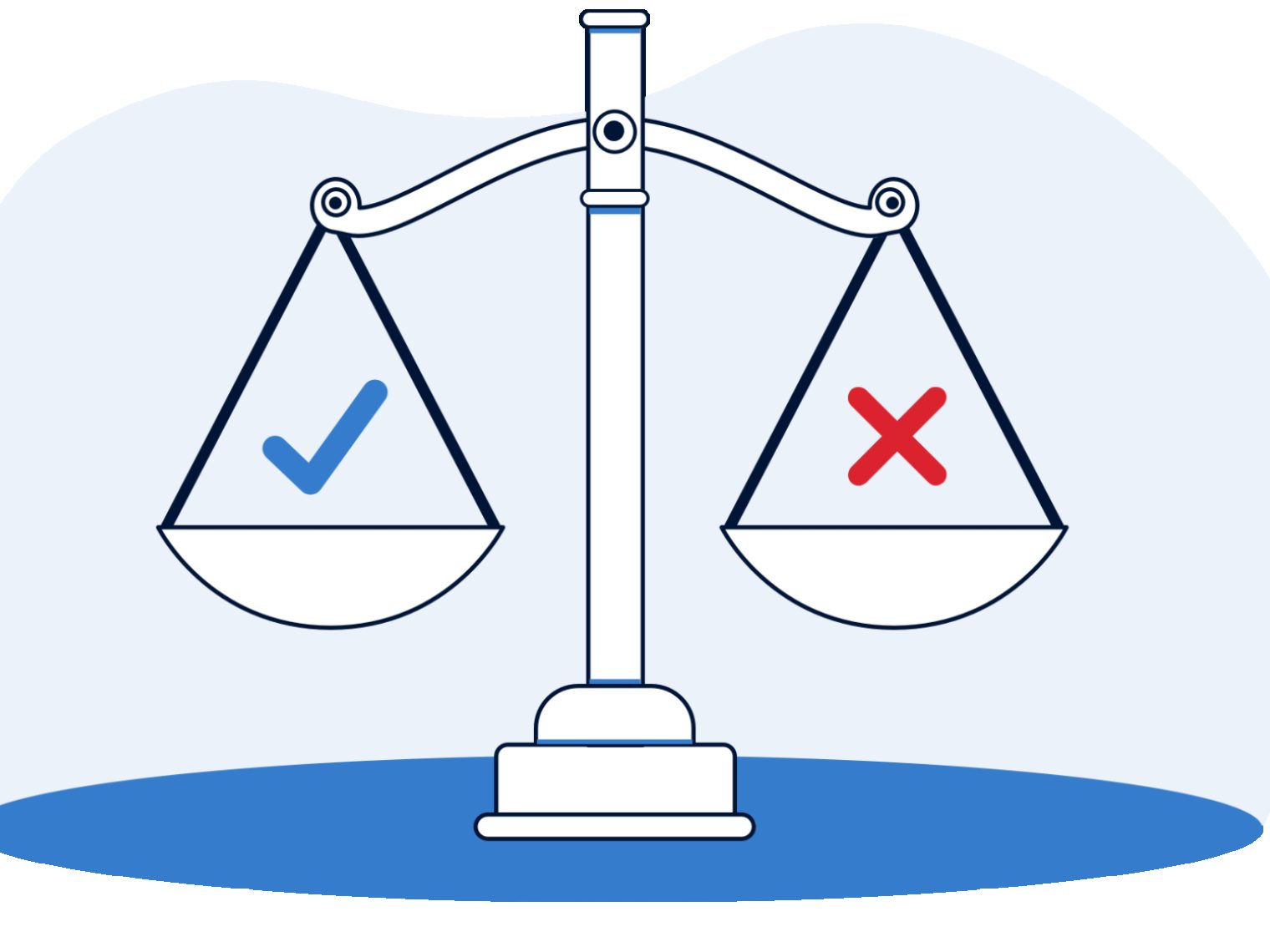Lenders consider your gross monthly income when evaluating how much of a VA mortgage you can afford. In other words, they’re looking at your major monthly debts in relation to your pre-tax income. But what happens when you receive non-taxable income? How is your effective income calculated for a VA loan?
What Does “Grossing Up” Mean?
The VA allows lenders to “gross up” a borrower’s income, effectively adjusting non-taxable income upward. This pre-tax, or gross, figure can be used to qualify Veterans who receive tax-exempt income for a higher loan amount.
Guidelines and policies for how to gross up non-taxable income may vary by lender.
Grossing Up and Debt-to-Income Ratio
Lenders can gross up your income when calculating your debt-to-income ratio (DTI). This key metric looks at the relationship between your gross monthly income and your major monthly debts. VA lenders typically want your DTI to be at or below 41%, so grossing up non-taxable income can prove a big benefit for prospective buyers.
Veterans United’s Grossing Up Policy
At Veterans United, we can gross up non-taxable income by 25 percent.
Example of Grossing Up Income
Let’s say the only income you receive is tax-exempt. If your monthly non-taxable income is $2,000 and your major monthly debts are $900, that’s a 45 percent DTI ratio (900/2,000).
Grossing up the income by 25 percent hikes the monthly income figure to $2,500. In turn, that lowers your DTI ratio to 36 percent -- which is a big deal in this example, because buyers whose DTI ratio exceeds 41 percent have to meet a higher benchmark for residual income.
Can You Gross Up Disability Income?
Disability income is a form of non-taxable income and is eligible to be grossed up for your VA loan.
Grossing Up & Residual Income
Residual income is another key guideline for VA lending. VA borrowers must have a minimum amount of discretionary income remaining each month after paying major expenses. That minimum cushion varies by family size and where you’re buying.
VA lenders cannot gross up non-taxable income when calculating your residual income. The VA and lenders want a clear look at your remaining discretionary income each month, in large part because that surplus helps ensure Veterans are well-positioned to weather financial storms.
Tax Returns & Non-Taxable Income
Just like with our example, it’s possible to obtain a VA loan if the only income you receive is non-taxable. Depending on the nature of your tax-exempt income and other factors, lenders may want to see a letter from the IRS indicating you didn’t file tax returns.
Talk with a Veterans United VA Loan Expert if you have any questions about how your non-taxable income can help you get a VA home loan.
Related Posts
-
 VA Renovation Loans for Home ImprovementVA rehab and renovation loans are the VA's answer to an aging housing market in the United States. Here we dive into this unique loan type and the potential downsides accompanying them.
VA Renovation Loans for Home ImprovementVA rehab and renovation loans are the VA's answer to an aging housing market in the United States. Here we dive into this unique loan type and the potential downsides accompanying them. -
 Pros and Cons of VA LoansAs with any mortgage option, VA loans have pros and cons that you should be aware of before making a final decision. So let's take a closer look.
Pros and Cons of VA LoansAs with any mortgage option, VA loans have pros and cons that you should be aware of before making a final decision. So let's take a closer look.

